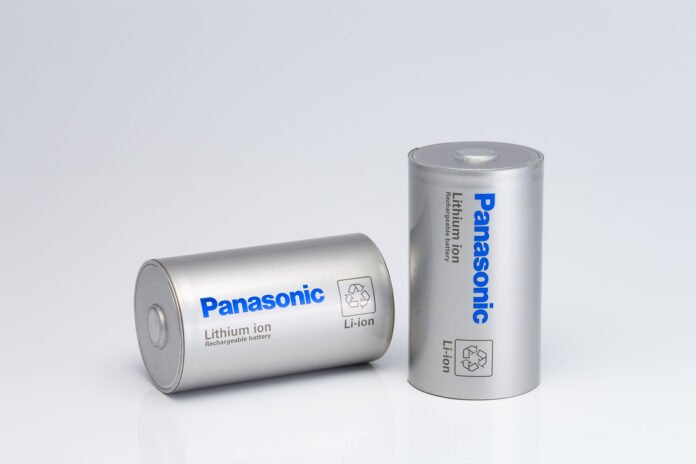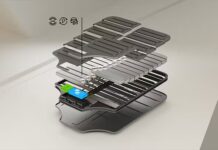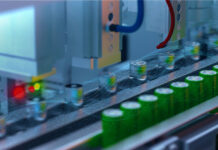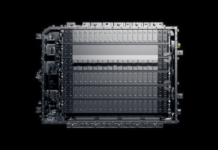Panasonic Energy Co., Ltd. announced the completion of preparations for mass production of the 4680 cylindrical automotive lithium-ion batteries, marking a significant innovation in the electric vehicle (EV) industry. The company has revamped its Wakayama factory in Western Japan, which will act as the central hub for producing these advanced cells. The 4680 battery is a major improvement over the previous 2170 model, boasting five times the capacity. This higher capacity reduces the number of cells required per battery pack, ultimately lowering production costs and making EVs more affordable. The larger 4680 cells also offer a more efficient battery assembly process, leading to extended EV driving ranges. Panasonic Energy’s 30 years of expertise in battery technology has enabled them to develop a mass production method for this revolutionary product.
The Wakayama factory, now equipped to serve as the mother factory for the 4680 cells, will also function as a center for developing and demonstrating new products and techniques. The factory aims to lead in environmental sustainability, incorporating renewable energy sources such as solar and wind power to achieve carbon neutrality. Panasonic Energy has already achieved this goal across its domestic facilities and plans to extend it globally by 2029. With around 400 staff projected to be involved in next-generation battery production by 2025, the Wakayama plant is positioned to enhance product quality and competitiveness on a global scale. Panasonic Energy’s President, Kazuo Tadanobu, expressed excitement about the 4680 cell’s potential to revolutionize the EV and battery industry, contributing to broader EV adoption and advancing the company’s mission to foster a sustainable society.







